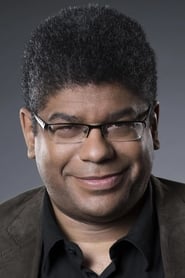
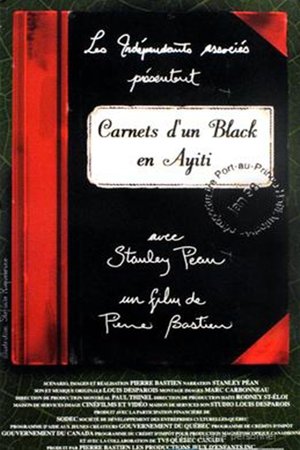
Carnets d’un Black en Ayiti(1998)
Movie: Carnets d’un Black en Ayiti

Carnets d’un Black en Ayiti
HomePage
Overview
Release Date
1998-12-22
Average
0
Rating:
0.0 startsTagline
Genres
Languages:
FrançaisKeywords
Similar Movies
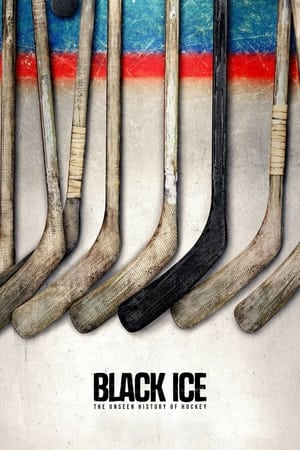 7.5
7.5Black Ice(en)
This incisive, urgent documentary examines the history of anti-Black racism in hockey, from the segregated leagues of the 19th century to today’s NHL, where Black athletes continue to struggle against bigotry.
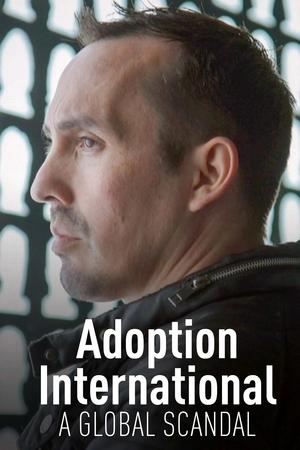 9.0
9.0Adoption International: A Global Scandal(fr)
In the collective imagination, international adoption evokes images of children being saved from a life of destitution in poorer countries by being adopted by families in Europe or America. But the reality that has emerged is one of child trafficking, falsified documents and governments around the world turning a blind eye.
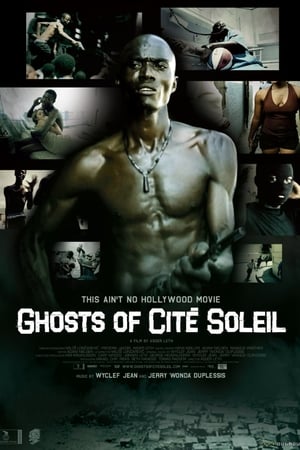 7.1
7.1Ghosts of Cité Soleil(en)
In the slum of Cité Soleil, President Aristide's most loyal supporters were ruling as kings. The five major gang leaders were controlling heavily armed young men; the Chiméres. The Secret army of President Jean-Bertrand Aristide. "Ghosts of Cité Soleil" is a film about Billy and Haitian 2pac. Two brothers. Gang Leaders of the Chiméres.
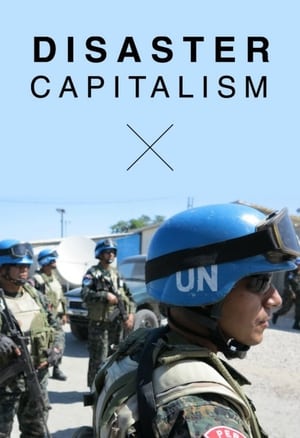 8.7
8.7Disaster Capitalism(en)
A documentary that reveals the underbelly of the global aid and investment industry. It's a complex web of interests that span the earth from powerful nations and multinational corporations to tribal and village leaders. This documentary offers unique insights into a multi-billion dollar world by investigating how aid dollars are spent.
The Road Taken(en)
This 1996 documentary takes a nostalgic ride through history to present the experiences of Black sleeping-car porters who worked on Canada's railways from the early 1900s through the 1960s. There was a strong sense of pride among these men and they were well-respected by their community. Yet, harsh working conditions prevented them from being promoted to other railway jobs until finally, in 1955, porter Lee Williams took his fight to the union.
 6.2
6.2Elizabeth Taylor: The Lost Tapes(en)
Newly discovered interviews with Elizabeth Taylor and unprecedented access to the star’s personal archive reveal the complex inner life and vulnerability of the groundbreaking icon.
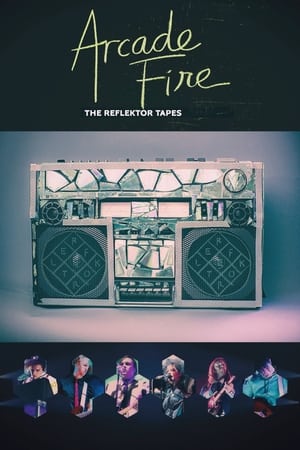 5.3
5.3Arcade Fire - The Reflektor Tapes(en)
Arcade Fire’s first feature film is called 'The Reflektor Tapes'. The project is “a unique cinematic experience, meeting at the crossroads of documentary, music, art and personal history.”
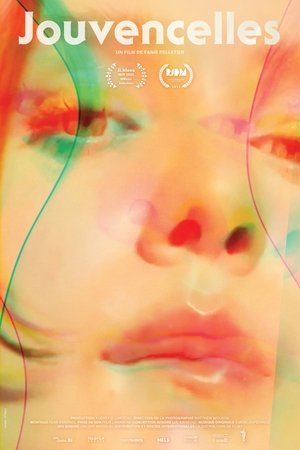 0.0
0.0Bloom(en)
Three groups of adolescent girl friends from Quebec are going through tough changes. The process of inventing their own bodies and identity are being recorded on the move by their smartphones and shared with their peers from other parts of the networked world. Due to their strong need of external confirmation, they alter their lives into a series of retouched pictures and videos. The film camera, however, captures their feelings of void, loneliness and deep inner insecurities that are not so attractive for Periscope, TikTok or Instagram. An intimate portrait of adolescence is made with full comprehension of experiencing and self-presentation in a generation growing up on the brink of the real and virtual worlds.
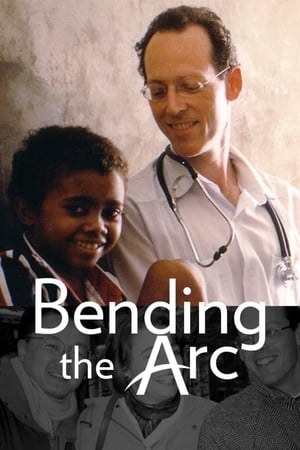 7.9
7.9Bending the Arc(en)
About the extraordinary doctors and activists—including Paul Farmer, Jim Yong Kim, and Ophelia Dahl—whose work 30 years ago to save lives in a rural Haitian village grew into a global battle in the halls of power for the right to health for all.
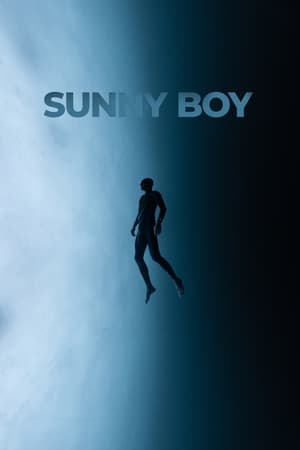 8.0
8.0Sunny Boy(fr)
Arthur Guérin-Boëri is suffocating in his local swimming pool. His swim lane has become a dead end. The French athlete, multiple world champion in dynamic apnea, decides to leave the warmth of his pool and plunge into the frozen waters of a Finnish lake to set a new record. His journey then led him to immerse himself almost naked under a block of ice, in an attempt to set a new record in the icy waters of a Canadian lake. In his quest for legitimacy, which brings him close to death on several occasions, Arthur ends up finding himself.
 0.0
0.0Liberty in a Soup(en)
Every New Year, and in celebration of their Independence, Haitian families gather together to feast in honor of a line of ancestors that fought for their freedom. The centerpiece of the festivity is the joumou soup—a traditional soup dating back centuries ago. The joumou soup is a concretization of war and victory, oppression and emancipation, and the deeply rooted celebratory traditions of the Haitian culture.
 0.0
0.0My Missing Screw(en)
After a failed suicide attempt and time in a psychiatric hospital, Raffael, a young father, decides that he must create his own “missing screw.” Over the next six months, with the help of a sculptor friend, he meticulously crafts a 10-foot screw sculpture while documenting the process with a found video camera. Raffael leaves the psychiatric hospital, curious to see if art and creativity could help him survive in the outside world. With no money and only a vague plan, he says goodbye to his family and embarks on an epic, poignant, often hilarious journey around the globe. He travels with the screw to the Dachau concentration camp, Van Gogh’s grave, the Guggenheim Museum, and the Ganges River in India. Along the way Raffael finds patrons, lovers, and friends - but his son feels abandoned. Can Rafael reinvent himself, his art, and his family?
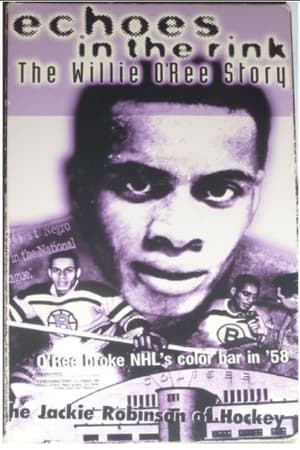 0.0
0.0Echoes in the Rink: The Willie O'Ree Story(en)
Echoes in the Rink: The Willie O'Ree Story is a documentary on the triumphal life story of the first Black player in the National Hockey League. Like Jackie Robinson in professional baseball, O'Ree faced many obstacles to achieving his dream; but unlike Robinson, his achievement would go unnoticed for forty years.
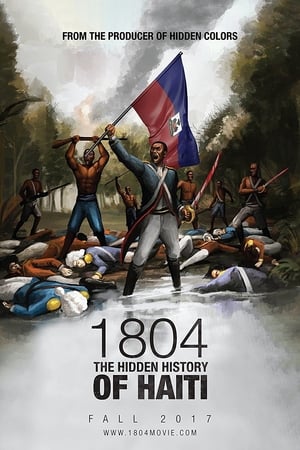 9.3
9.31804: The Hidden History of Haiti(en)
1804 is a feature length documentary film about the untold history of the Haitian revolution
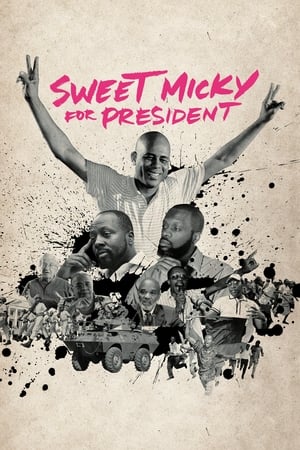 6.8
6.8Sweet Micky for President(en)
Music and politics collide when international music star, Pras Michel of the Fugees, returns to his homeland of Haiti following the devastating earthquake of 2010 to mobilize a presidential campaign for Haiti's most controversial musician: Michel Martelly aka Sweet Micky. The politically inexperienced pair set out against a corrupted government, civil unrest, and a fixed election. When Pras's former bandmate, superstar Wyclef Jean, also enters the presidential race, their chances seem further doomed. But with the help of a few friends, including Ben Stiller and former president Bill Clinton, they never give up on their honest dream of changing the course of Haiti's future forever
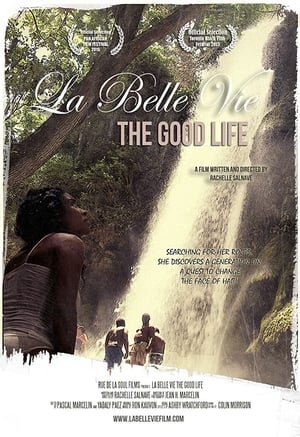 0.0
0.0La Belle Vie: The Good Life(en)
La Belle Vie: The Good Life takes a look into a filmmaker's journey to discover her Haitian roots by examining the complexities of the Haitian society but also chronicles her voyage to find hope in this nation on the brink of a new Haiti.
I Made a Vow(en)
A couple from North Preston, Nova Scotia plan an elaborate wedding with dozens of bridesmaids.
Baseball in the Time of Cholera(en)
As a Cholera epidemic rages in Haiti, the United Nations denies it is responsible for introducing the disease despite glaring evidence suggesting Nepalese peacekeepers are to blame. Baseball in the Time of Cholera is the story of a young Haitian boy who plays in Haiti's first little league baseball team and the Haitian Lawyer seeking justice against the UN. As the epidemic spreads, the two stories intersect in the struggle for survival and justice.
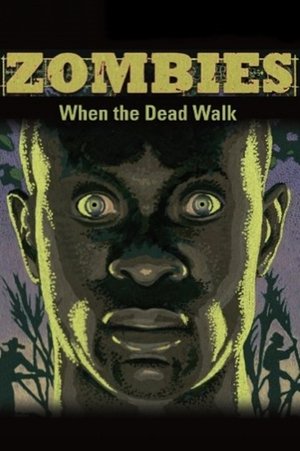 0.0
0.0Zombies: When the Dead Walk(en)
Zombies are part of pop culture, but what are they? Where do they come from? To find real zombies we visit Haiti where Zombies are an integral part of the island's cultural and religious roots.
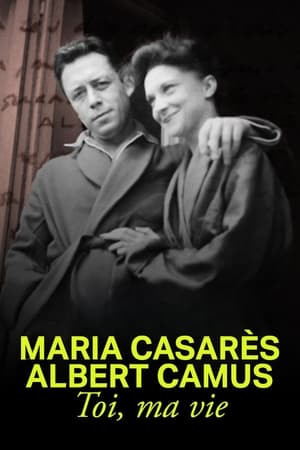 8.5
8.5Maria Casarès and Albert Camus, you, my life(fr)
Maria Casarès, a theatre actress and Albert Camus, one of the most important modern french writer, keep a long correspondence (more than 900 letters) about their love and the emotions they feel for each other for 15 years.
